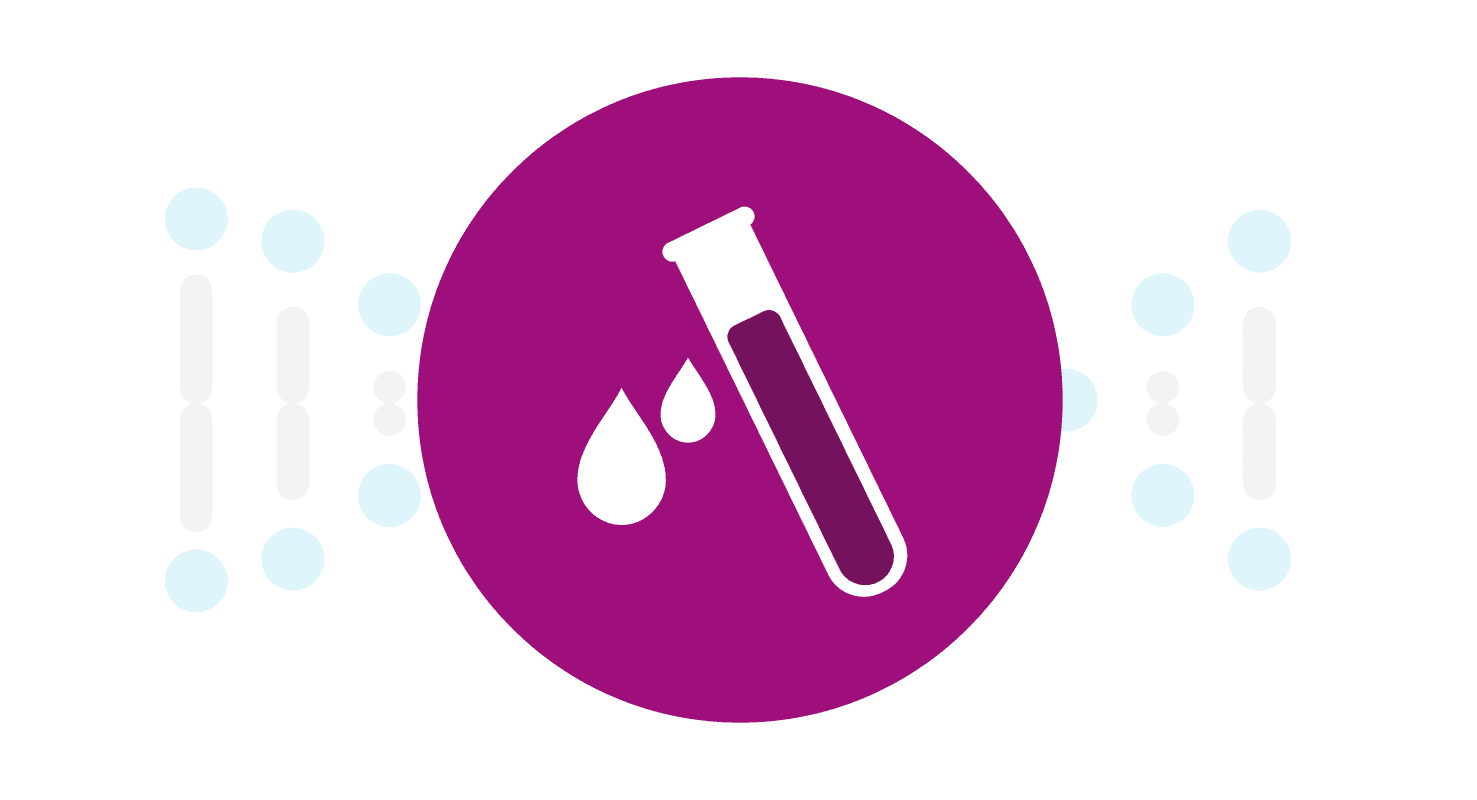In the latest in a series of studies by researchers looking at the impact of direct-to-consumer  genetic testing, investigators found that people’s perception of risk was changed much more by a genetic test that showed a decreased risk versus one that reported an increased risk.
genetic testing, investigators found that people’s perception of risk was changed much more by a genetic test that showed a decreased risk versus one that reported an increased risk.
“You see a much bigger change for good news than bad news,” said Joshua Krieger, a doctoral candidate at MIT and one of the lead authors of the study.
These latest findings are part of ongoing collaborative research by scientists at MIT, the Broad Institute, Harvard Medical School Brigham, Women’s Hospital and 23andMe, to gauge how genetic testing affects consumers. In this study, called the Impact of Personal Genomics, or the PGen study, researchers are looking not just at how testing changes people’s perception of risk, but whether testing triggers undue stress, or leads people to flock to their doctors and burden the healthcare system.
In the past, criticism of direct-to-consumer genetic testing included speculation that it would result in undue stress for consumers, and a “raiding of the medical commons.”
This study found no evidence to support either of those concerns – people did not burden their doctors with visits after getting their results, and they didn’t appear to overreact to those results either. But, a positive test result had a greater impact on risk perception than a negative one.
“There is an optimism bias, in that people want to believe good news,” said Krieger.
Indeed, the impact of positive news was about twice as strong as that of negative news, according to the study.
While researchers could only speculate about why there was a difference in the impact of good versus bad news – or a reported decrease in risk versus an increase – they also noted that when there was a large change in perceived risk based on the genetic test a consumer was much more likely to seek medical advice.
“Though we found good news-bad news asymmetry in risk perception changes, these changes appeared to be moderate and congruent with test results,” the study said. “Taken together, our results suggest that DTC consumers learn from their (genetic test) results and update their beliefs, but they primarily seek additional medical actions after they receive news of large and unexpected risks.”
While this work is important for ongoing efforts to improve how test results are reported out to consumers, it is based on 23andMe reports that are no longer offered to consumers. After an extensive and ongoing regulatory process with the FDA, 23andMe has changed the type of health information it reports to its customers. Extensive user comprehension testing, and its own research into how consumers absorb and understand the information informs 23andMe’s new health reports.
But for this study, scientists drew data from about 617 23andMe customers who enrolled in the research study before those regulatory changes were made. Researchers surveyed those customers before they received their results and again six months after they received them. While there was neither “excessive overreaction nor complete disregard of the test results,” there was indeed a difference in how certain results impacted consumers’ perception of risk.
“This research expands our understanding of how the consumers of personal genomics may react to what they perceive as elevated or diminished risk, and reminds us that perceptions are not always logical,” said Robert C. Green, a medical geneticist at Brigham and Women’s Hospital and Harvard Medical School and the principal investigator for the PGen study.



